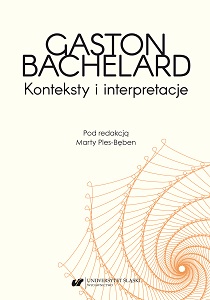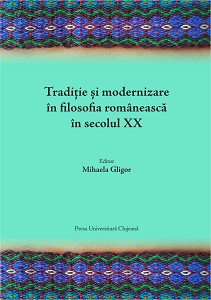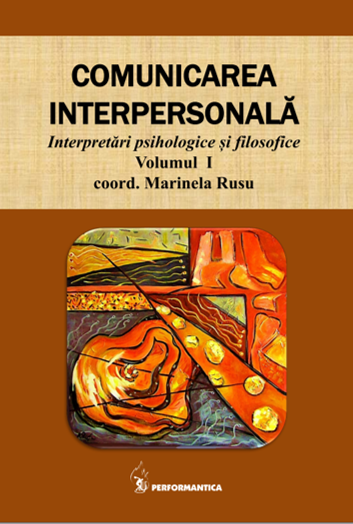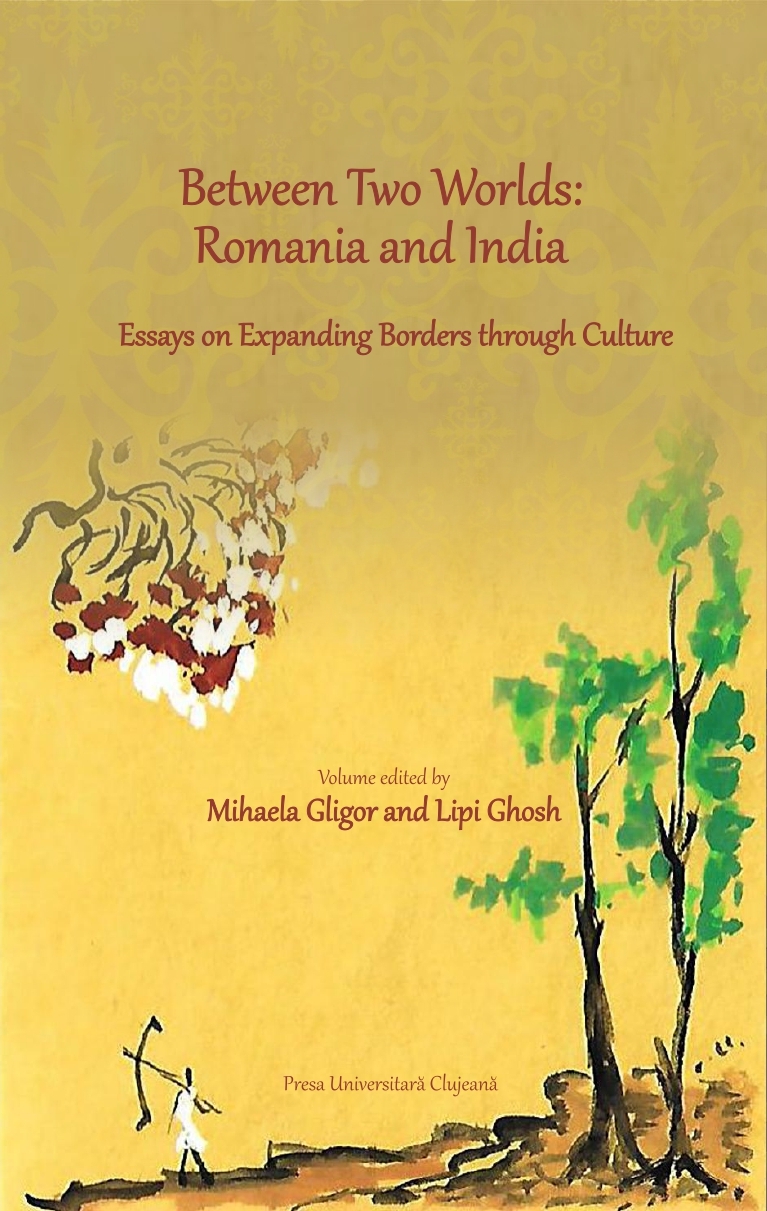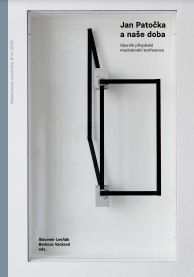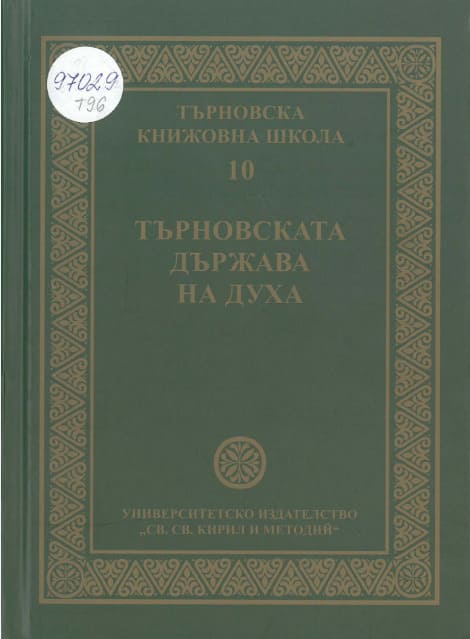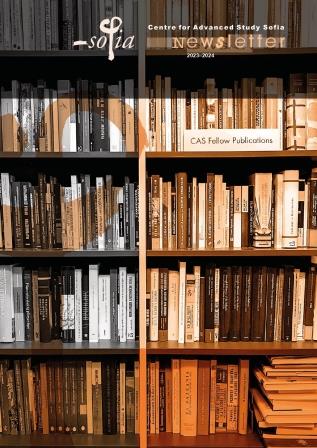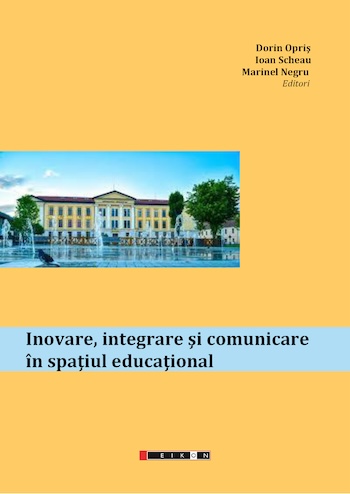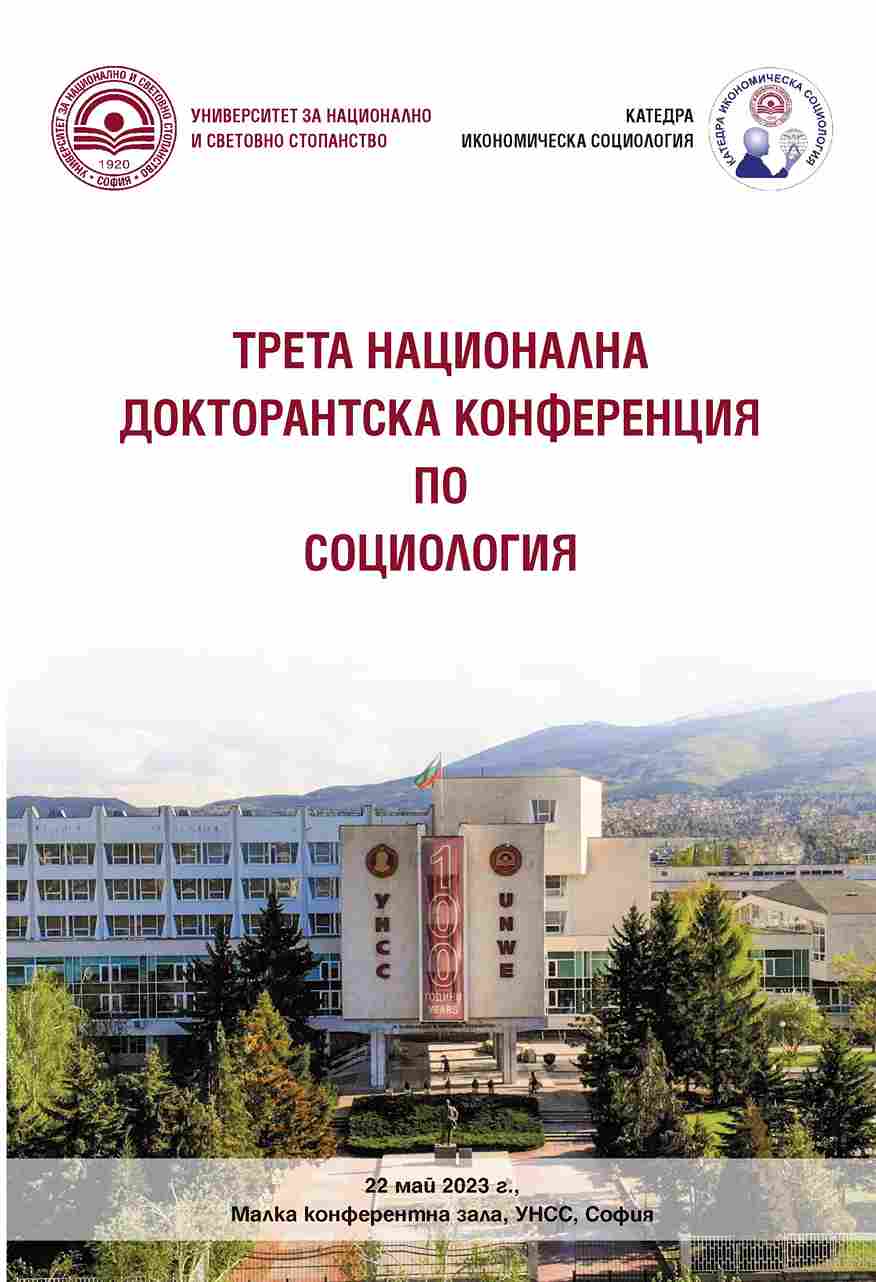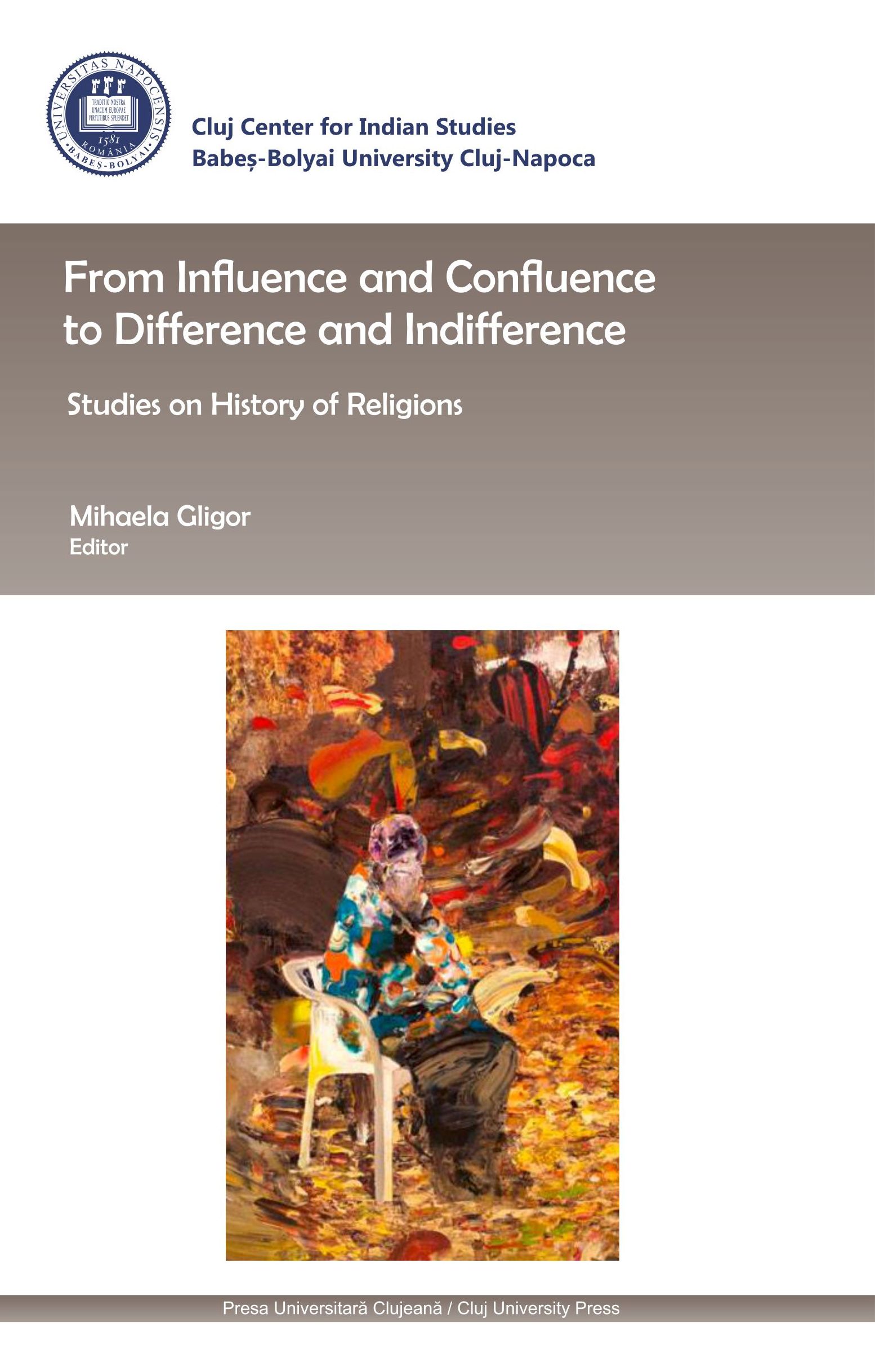
The Sacrifice of Domestication: Theorizing Religion
This comparative study will thus serve the scholarly purposes of articulating a multifaceted critique of Smith’s work while offering a corrective to his theory of religion through a turn to Bataille. More broadly, it commends further attention to Bataille by students of religion, for the field of religious studies stands to be invigorated by Bataille’s provocative, deliriously lucid writings. Following the example of Bataille, I will formulate grounds for resisting the rationalist mode in religious studies as exemplified by Smith, inquiring into the possibilities presented by shifting the register of religious studies from Smith’s privileged ratio-scientific concepts - for example, objectivity, distance, reason, conservation, accumulation, knowledge, and futurity - to those that Bataille puts forward in his theory religion: excess, experience, eroticism, expenditure, destruction, violence, and the present moment. I will argue that the (usually implicit) values connected with these respective approaches must be discerned and considered in thinking about how to theorize religion. There is, I believe, much to commend thinking more frequently and intensely in a Bataillean experimental register.
More...
